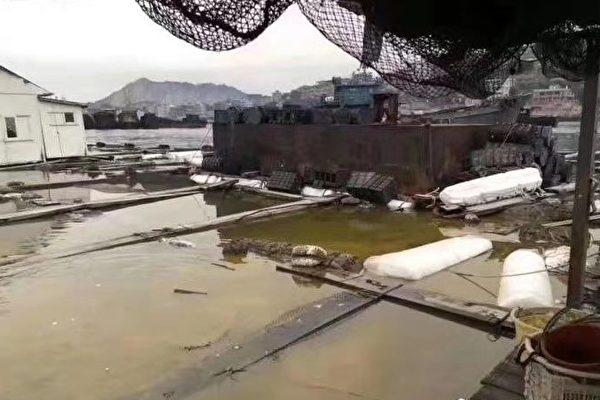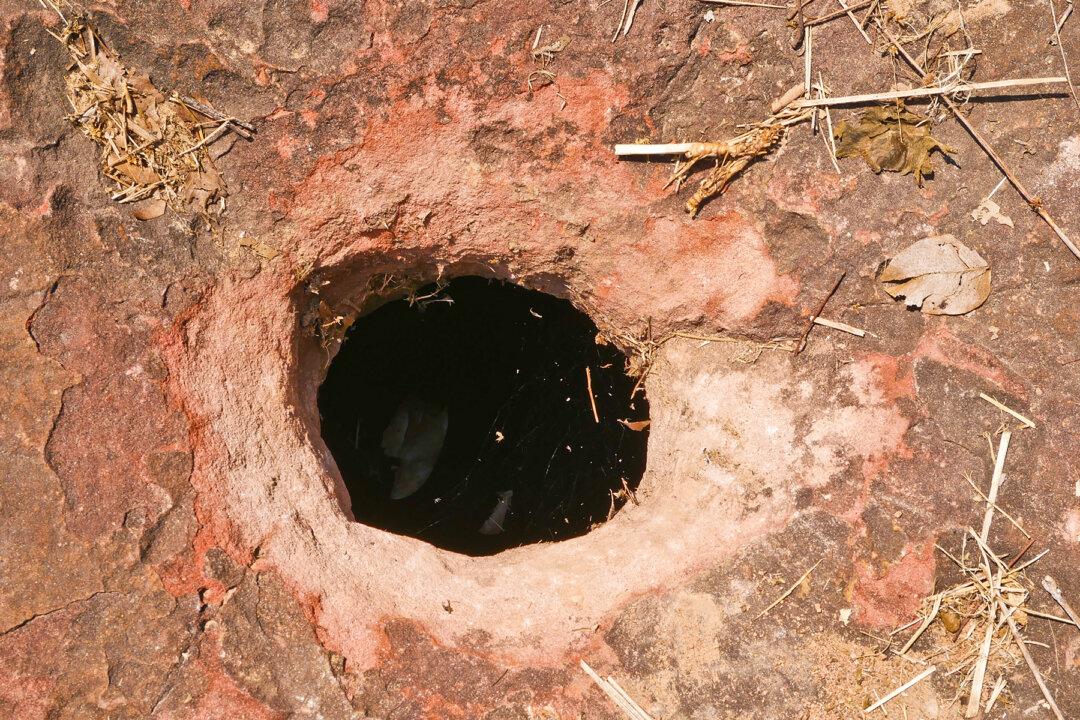More than seven tons of toxic chemicals were spilled a port in southern China’s Fujian Province on Nov. 4. Due to censorship of the news by communist authorities and neglect of the spill, local fishermen have sustained considerable financial losses and health problems due to the pollution.
News published by Chinese Communist Party (CCP)-controlled outlets, however, painted a quite different picture from villagers’ accounts as described in interviews with the Chinese-language Epoch Times.




